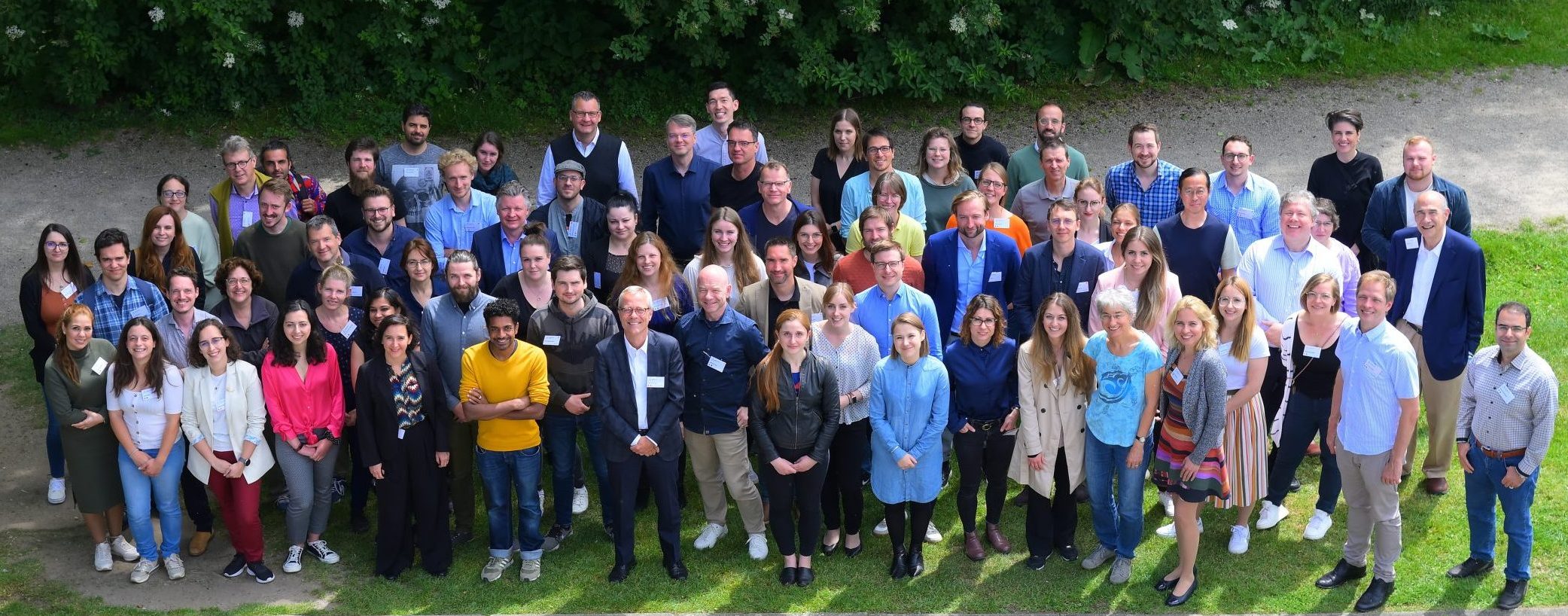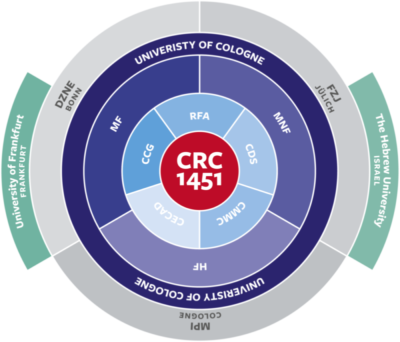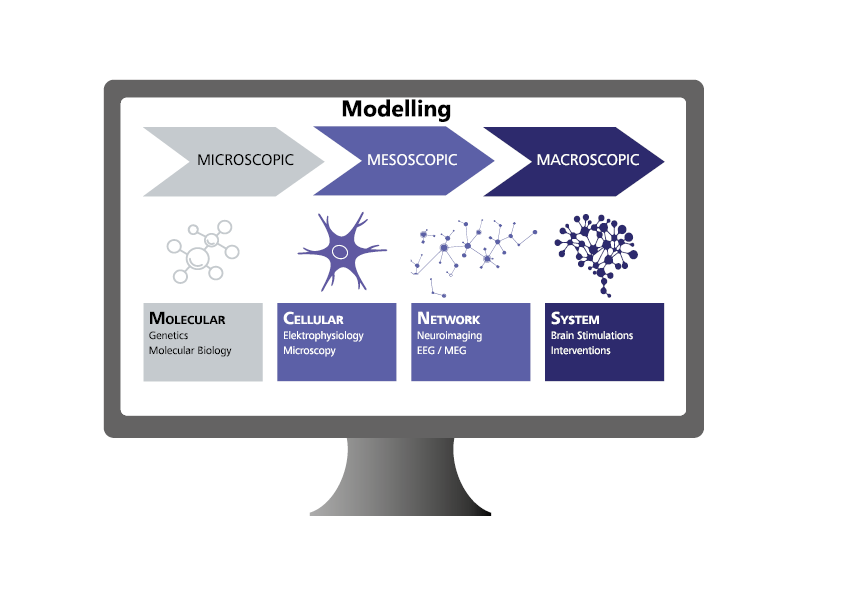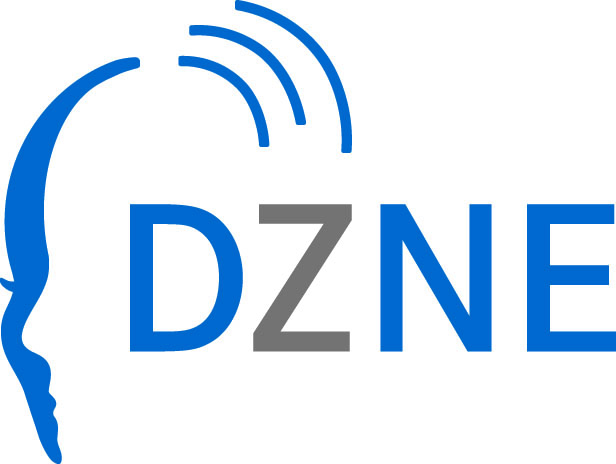COLLABORATIVE RESEARCH CENTRE 1451
KEY MECHANISMS OF MOTOR CONTROL IN HEALTH AND DISEASE

Cologne – Bonn – Frankfurt – Jerusalem – Jülich – Münster
©Watchara; Shutterstock
Motor Control is fundamental to all other processes of the nervous system: we interact with our environment only through our movements, or to quote Charles Sherrington (The Linacre Lecture, 1924):
“To move things is all that mankind can do…., whether in whispering a syllable or felling a forest.”
In turn, motor output offers direct insights into the processes happening in the nervous system…
Mission
It is our mission to provide an integrated and comprehensive view of the neurobiological underpinnings of motor control and its disturbances.

Objectives
We intend to investigate motor control at all critical levels from genes and molecules to large-scale networks and to infer general mechanisms of motor control, their changes over the life span and their disturbances beyond a single species or a specific pathology.
We aim at educating neuroscientists who are well-equipped to think and work across the multiple scales of processes contributing to the complexity of the motor system.
Research
The motor system enables us to interact with the environment. The variety of motor activity reaches from “simple” monosynaptic reflexes to complex behaviour, e.g., object manipulation, all relying on an intense interplay of neurons and muscles. If successful, motor control, i.e., the neural mechanisms that allow muscle activation in a coordinated and meaningful way, ensures the stability and integrity of the body in its environment.
Research continued
In comparison to sensory, cognitive, or affective-emotional systems, the motor system’s output is directly quantifiable and comparable across species. When studying the neural mechanisms underlying motor control, behavioural readouts across species offer the potential to overcome one grand challenge in neuroscience: bridging the gap between molecular, cellular, and systems levels.
Importantly, the motor system is affected in many, if not all, neurological and psychiatric disorders.

Hence, a more comprehensive understanding of the motor system will further our understanding of the neural mechanisms underlying neurological and psychiatric disorders. Likewise, neuropsychiatric diseases allow novel insights into the motor system’s (dys-)function and testing models of motor control.
This collaborative research centre (CRC1451; dt: Sonderforschungsbereich, SFB1451) brings together neuroscientists investigating genetic factors, cellular, and synaptic as well as systems/neural network processes underlying motor control in animals and humans, in both health and neuropsychiatric diseases.
All investigators are committed to the CRC’s multi-faceted, iterative, and integrative agenda with the long-term goal of identifying the essential mechanisms underlying normal and pathological motor control.
Partners








